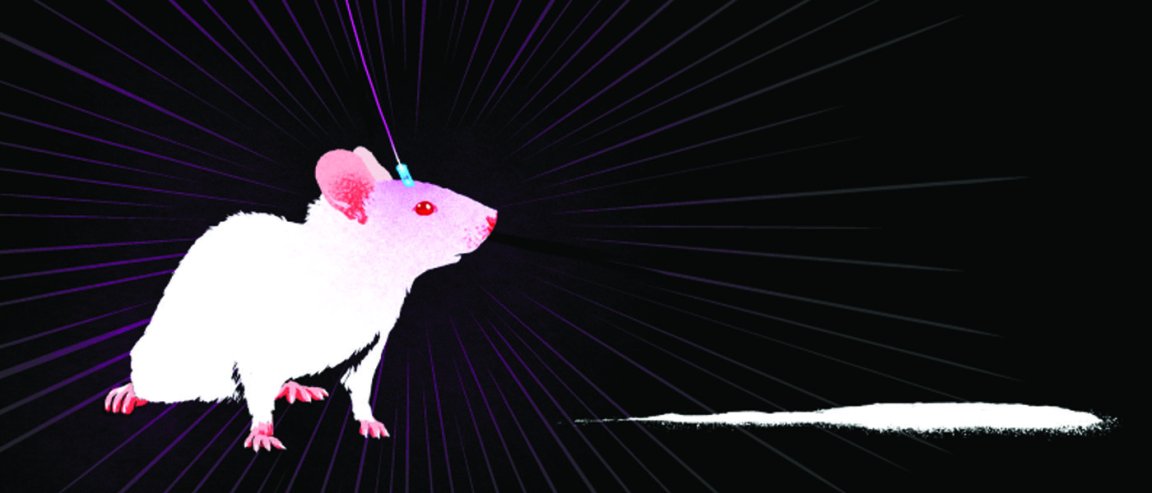
Understanding Memory
Apart from detox and a long, arduous rehabilitation process, there are very few things that science can do to reverse conditions such as addiction. But scientists from the University of Oxford have managed to rewrite positive memories that drug addicted mice have associated with cocaine.
This breakthrough could provide major insight into how science can be used to neurologically reverse deep-seated bad behavior.
The neuroscientists behind the study, Stephanie Trouche and David Dupret, started by training mice to choose a specific location using cocaine. To alter the positive association that the mice have since attached to it, the scientists used a genetic technique called optogenetics, where living brain cells are controlled using fiber optic cables.
After the therapy, the mice successfully lost their preference for the cocaine-associated environment, implying that the therapy allowed their memories to be rewritten. Their findings have been published in the journal Nature Neuroscience.
Recoding

While training the mice, an option between an environment linked to a saline solution and cocaine was given to it. Unsurprisingly, the mice would opt for the cocaine-associated environment.
After this was done, the team identified the cells in the mice’s brains that were active when they were in the cocaine-linked environment so that the cells would express light-sensitive proteins. And while the mice were wandering about the cocaine environment, scientists ‘switched on the light,’ which silenced the tagged neurons.
The process then caused unmasked neurons to activate, thus creating an alternative cognitive map.
As a result, the mice lost their preference for the cocaine-associated site, and this affirms that memories are stored as biophysical or biochemical changes in the brain, caused by external stimuli. It also implies that destructive behavior, such as addiction, can potentially be rewritten using optogenetics.